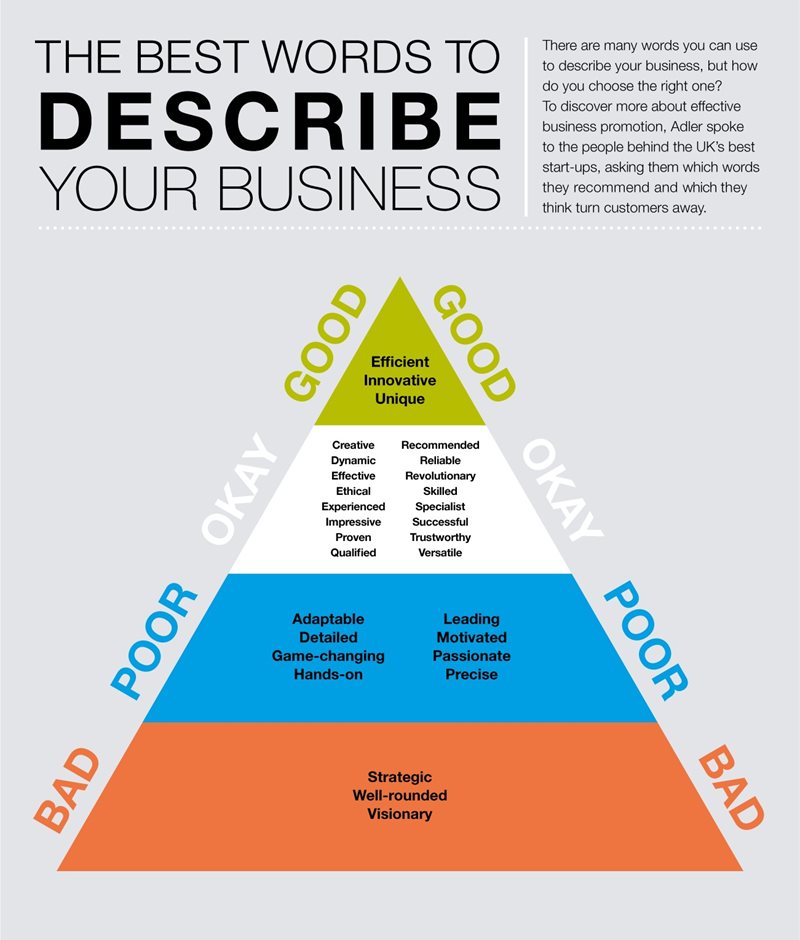How Should Brands Speak to Their Customers?
The way a brand advertises itself and communicates with its customers is more important than ever thanks to the boom of social media. Companies not only have the opportunity, but are expected to interact with the public on a regular basis. Whether it’s acknowledging praise from someone who has enjoyed a product or dealing with a complaint as swiftly as possible, it’s integral that a brand knows how to build both trust and loyalty with people if they are going to prosper.

Effective communication is doubly important for SMEs that are looking for essential growth. It can take a long time for a customer’s perception of your brand to change, meaning you should try to establish a clear, distinct tone of voice for your brand to ensure it gets off on the right foot. Your brand should be:
Proven
Younger businesses should use aspirational words to start with, though should shift onto provable words as they gain reviews, publicity, and anything that can be backed up with evidence. After all, it can be very difficult for people to believe that your business is ‘experienced’ or ‘recommended’ when you’ve only just launched, but these are positive qualities that, in time, can help attract new customers. If you are featured by a newspaper or are nominated for an award, make this news visible on your website. The praise from other people’s testimonials can attract new customers and assure them they should buy from you.
Passionate
If you aren’t passionate about your brand, why should anyone else be? Social media offers the unique opportunity for customers to become brand ambassadors and spread positive praise to everyone they know, but they’ll only do so if you put in the legwork. Show that you understand what your customers need, what they desire, and what they’re fearful of. Lots of companies claim to disrupt their industries, and they’re able to say this because they have an emotional understanding and great knowledge of an issue or set way that things are done. They then present themselves as an innovative solution to their customer’s problems and take pride in helping people.
Realistic
Everyone who starts their own business is naturally ambitious, but it can be difficult to properly communicate this ambition while you’re still a growing company. Customers know when a business is speaking genuinely, and when they are simply trying to gain attention. Every company wants to lead their industry or be a ‘game-changer’, but you can’t present yourself this way if you don’t have a track record of success to fall back on. This is why several companies concentrate on their local area first. They build a loyal, local following through great customer care, using emotive words to highlight the attention they give their home area. They then aim to maintain that level of service as they expand.
What to Say
You may already know what you want to say about your business, but do you know how you should say it? To promote your business effectively and build trust and loyalty with your customers, you need to stay away from words that customers will find clichéd. To see which words should be used and which should be avoided, the men and women behind some of the UK’s top SMEs were asked to rank a range of promotional words based on how effective they thought the words were at promoting a company. You can see how each word faired, and the opinions of those who took part, below:

Credit: Adler
Words to Use
Efficient
“Nobody likes wasting time or money, and being ‘efficient’ is one way to make sure that nothing’s wasted” – Sean Mallon, CEO of Bizdaq
“This means less cost within the business, better price, and faster delivery for the customer” – Tatyana Kozhevnikova, Founder of Artefact London
Innovative
“Many people can come up with what they deem to be a new and ‘innovative’ idea, but being able to introduce new and original ideas and execute them convincingly is what will ultimately ‘wow’ your clients and win you new business” – Barry Ryan, Marketing Manager of Tactus Group
Unique
“[It’s] verifiable, rather than wholly subjective” – Robb Young, Managing Director of Experience Days
Words to Avoid
Strategic
“It means a million different things to a million different people. You can’t measure strategy.” – Robb Young
“Just plain nonsense. Every company feeds this to its employees and customers on a daily basis. ‘Thinking outside the box’, ‘strategically’, blah blah blah – so tired of hearing it!” – Tatyana Kozhevnikova
Well-rounded
“Businesses exist for a purpose and that purpose is to provide goods or services. By describing your business as ‘well-rounded’, you’re not telling anyone about the goods or services you’re providing, and nothing about how you provide them” – Sean Mallon
Visionary
“The word offers no benefit at all to a consumer” – Huib Maat, Director of Pairfum
“These are soft words that rarely translate to measurable results – they sound like ‘consultantese’” – Robb Young
The orginal article was published here.